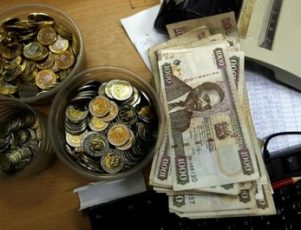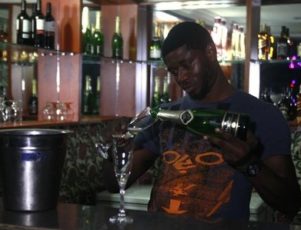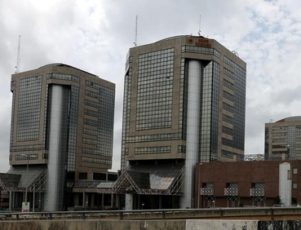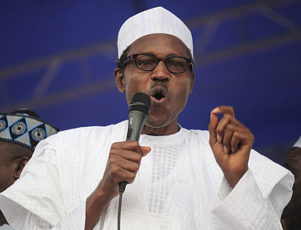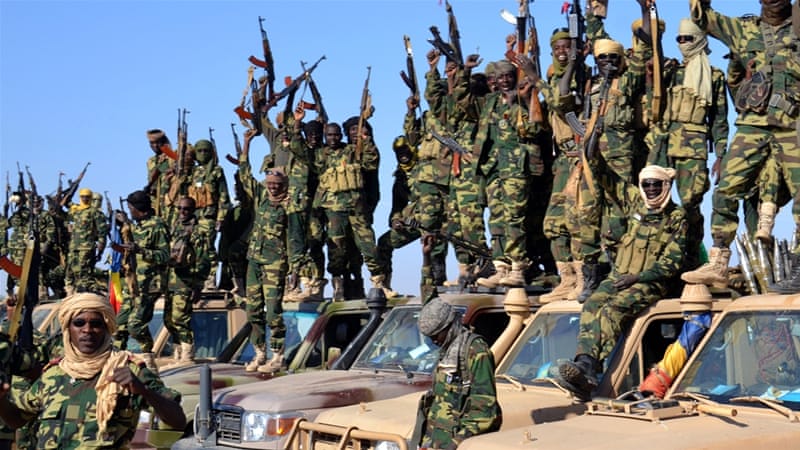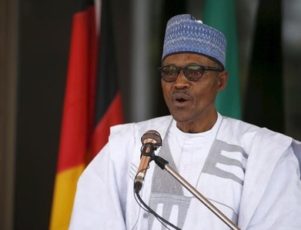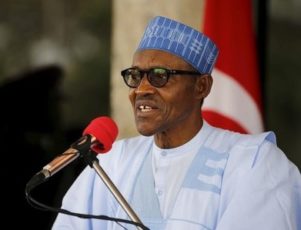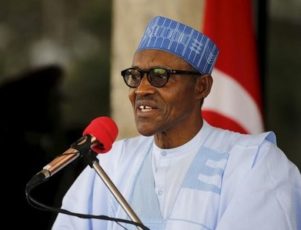JOHANNESBURG (Reuters) – Nigeria and Kenya will follow Ghana’s lead and cut rates in the third quarter, a Reuters poll found, as long as there is a monetary committee quorum in Abuja and an easier commercial lending policy in Nairobi.
A Reuters poll of 11 analysts for some of Africa’s major central banks, taken in the past four days, found the majority saying Nigeria and Kenya’s benchmark rates will remain at 14.0 and 10.0 percent respectively next week.
Eight of the 12 members still need to be appointed to Nigeria’s Monetary Policy Committee (MPC) – so there is unlikely to be a meeting next week – while Kenya remains hamstrung by a bill limiting commercial lending rates to 4 percentage points above its official rate.
Nigeria’s central bank was forced to cancel its January meeting as it was unable to reach a quorum. But the Senate plans to start screening new members for the interest rate committee after it held up some of President Muhammadu Buhari’s nominees in a political spat.
Inflation in both Nigeria and Kenya slowed recently, making both ripe for easier policy, and according to the poll there will be 200 and 100 basis points worth of cuts coming this year, respectively.
“There is a case for policy loosening in Nigeria and Kenya, but inflation in Nigeria has been stickier at least until February and the delay in appointing new members of the MPC has also held up policymaking,” said John Ashbourne, Africa economist at Capital Economics.
Nigeria has navigated several challenges in the past three years, dealing with dollar shortages and an economy that came out of its first recession in a generation in 2017.
But growth in the last quarter of 2017 rose to 1.92 percent compared to a 1.73 percent contraction in the same period of the previous year.
On Wednesday the International Monetary Fund approved a request by Kenya to extend by six months a stand-by loan that was due to expire at the end of March, giving it time to finish mandatory reviews.
Amending a bill on interest limits for commercial bank loans is one of the conditions the IMF needed to approve the “rainy day” loan facility and so an amendment could happen soon, said Aly-Khan Satchu, CEO of Rich Management in Nairobi.
The bill meant banks decided a large number of borrowers – mainly small traders and informal sector workers – were too risky to receive loans.
Unless the bill is scrapped or modified to take advantage of slower inflation and rates fall further, banks are likely to exclude yet more would-be borrowers from credit – effectively tightening rather than easing monetary conditions.
After 600 basis points worth of cuts in the past two years, Ghana is expected to press on and cut 100 basis points to 19.0 percent later this month and then continue chopping until it reaches 17.0 percent by end-year.
South Africa, Africa’s most industrialised economy, is also closer to cutting rates this year but it depends heavily on a decision by Moody’s ratings agency later this month. [ECILT/ZA]
(By Vuyani Ndaba)

